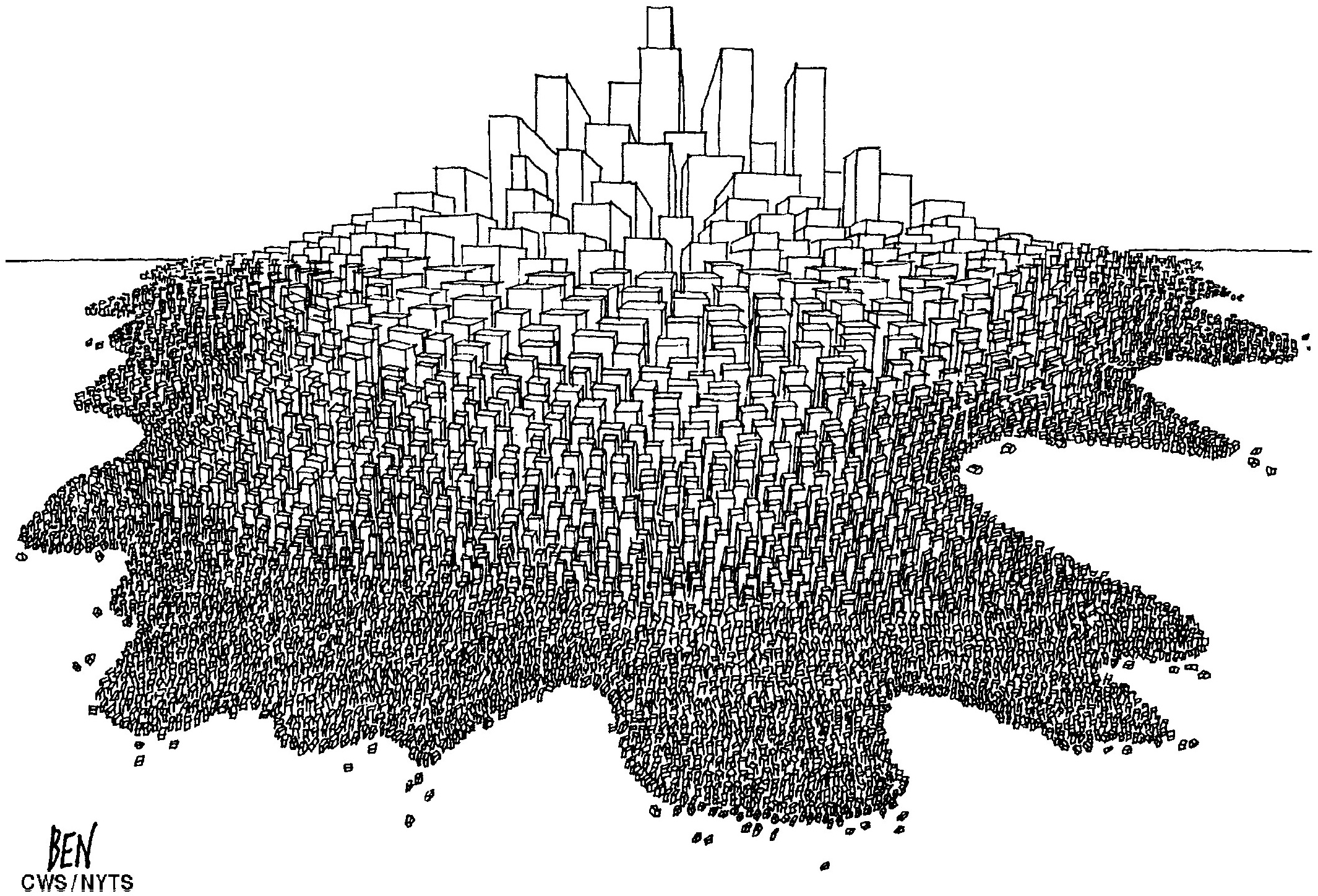Urbanization is a human process that has led to profound changes in the daily life of more than half of the world population. The way our cities are planned and organized affects our lives more than we can imagine. The design of a city affects the time we spend commuting from one place to another; our housing modalities namely public, private or informal; streets, parks and public spaces; education and job opportunities; urban poverty; space for different cultures and ethnicities; integration; cultural activities; pollution and environmental sustainability among others.
However, the attention, consciousness and global debate over the negative trends of the current urbanization of the world and its impact have not been sufficiently analyzed in recent decades: There is a decrease in planning, diminishing densities, increased urban expansion, less public space, more energy consumption. The lack of attention also applies to the tremendous benefits that can be generated from good urbanization. Although it is a very complex human process, the advantages that urbanization offers can be an important contribution to the solution to many of the challenges that face the world today.
It is now time for a paradigm shift. Habitat III, the Third United Nations Conference on Housing and Sustainable Urban Development, to be held Oct. 17 to 20 in Quito, Ecuador, is offering us the opportunity to adopt an ambitious New Urban Agenda that can drive the wealth, prosperity and human progress for present and future urban dwellers, who are expected to represent 70 percent of the world population by 2050.

















With your current subscription plan you can comment on stories. However, before writing your first comment, please create a display name in the Profile section of your subscriber account page.